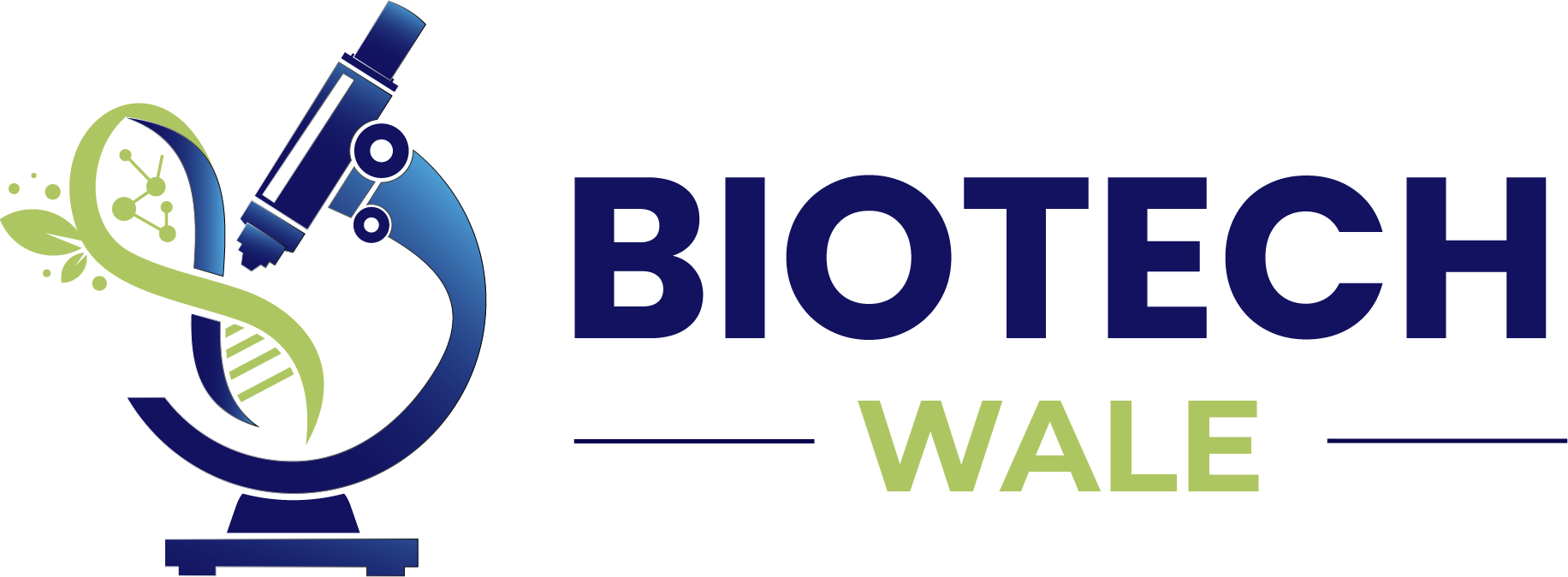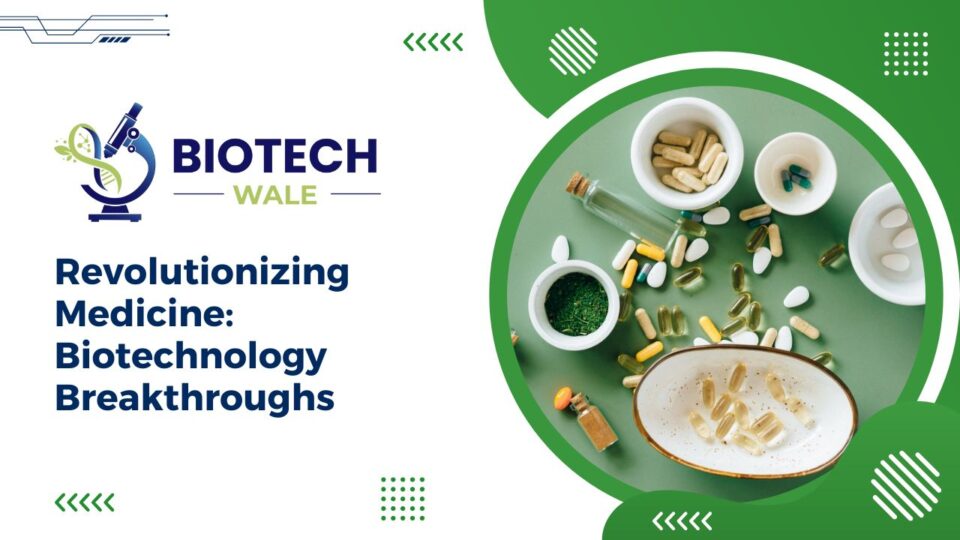Introduction to Biotechnology
Welcome to a world where science and technology converge to revolutionize the field of medicine. Biotechnology, with its cutting-edge innovations and breakthroughs, is reshaping the way we approach healthcare and disease treatment. From genetic engineering to regenerative medicine, the possibilities seem limitless. Join us on a journey through the fascinating realm of biotechnology and discover how it is changing the face of modern medicine.
The History and Evolution of Biotechnology
Biotechnology has come a long way from its humble beginnings. It all started with ancient civilizations using fermentation to produce foods and beverages like bread and beer. Fast forward to the 20th century, where biotechnology began making significant strides in medicine and agriculture.
One of the key milestones was the discovery of DNA’s structure by Watson and Crick in 1953, laying the foundation for genetic engineering. This breakthrough paved the way for manipulating genes, leading to advancements like recombinant DNA technology.
As we entered the 21st century, biotechnology continued to evolve rapidly with innovations such as CRISPR-Cas9 gene editing tool. This revolutionary technology allows precise modifications in genetic sequences, opening up endless possibilities for treating diseases at a molecular level.
The journey of biotechnology is a testament to human curiosity and ingenuity, constantly pushing boundaries to unlock new potentials in healthcare and beyond.
Advancements in Genetic Engineering
Genetic engineering has revolutionized the way we approach healthcare. Scientists can now manipulate the genetic makeup of organisms, including humans, to treat and prevent diseases. By editing specific genes, they can potentially eliminate hereditary conditions or enhance desired traits.
One major breakthrough in genetic engineering is CRISPR technology. This tool allows for precise gene editing with unprecedented accuracy and efficiency. It opens up possibilities for developing personalized treatments tailored to an individual’s genetic profile.
Furthermore, advancements in gene therapy offer hope for treating previously incurable diseases by replacing faulty genes with healthy ones. This innovative approach holds great promise in combating a wide range of disorders, from rare genetic conditions to more common illnesses like cancer and diabetes.
As our understanding of genetics deepens and technology continues to evolve, the potential applications of genetic engineering are limitless. Exciting times lie ahead as we harness the power of manipulating DNA to improve human health and quality of life.
Targeted Therapies and Precision Medicine
In the realm of biotechnology, targeted therapies and precision medicine have emerged as game-changers in the treatment of various diseases. By honing in on specific molecular targets within a patient’s body, these innovative approaches allow for more tailored and effective treatments.
Unlike traditional forms of medication that may affect healthy cells along with the diseased ones, targeted therapies aim to minimize side effects by pinpointing only the affected areas. This personalized approach not only enhances treatment outcomes but also reduces unnecessary harm to the patient’s body.
Precision medicine takes into account an individual’s genetic makeup, lifestyle factors, and environment to customize their medical care. By analyzing this comprehensive data, healthcare providers can offer patients treatments that are uniquely suited to their specific needs.
As technology continues to advance at a rapid pace, we can expect even more breakthroughs in targeted therapies and precision medicine. The future holds promising possibilities for enhancing patient care and revolutionizing how we approach disease treatment.
Stem Cell Research and Regenerative Medicine
Stem cell research and regenerative medicine have been making waves in the field of biotechnology. Stem cells, with their unique ability to develop into various types of cells in the body, hold immense potential for treating a wide range of diseases and injuries.
Researchers are exploring how stem cells can be used to regenerate damaged tissues, repair organs, and even grow new skin or bone. This innovative approach offers hope for conditions that were previously considered untreatable.
By harnessing the power of stem cells, scientists aim to revolutionize healthcare by providing personalized treatments tailored to each individual’s unique genetic makeup. The possibilities seem endless as we delve deeper into understanding the capabilities of these remarkable cells.
While there is still much research to be done and challenges to overcome, the future looks promising for stem cell therapy and regenerative medicine. Stay tuned as this groundbreaking field continues to evolve and transform modern medicine.
Impact of Biotechnology on Disease Treatment
Biotechnology has transformed the landscape of disease treatment in ways previously unimaginable. By harnessing the power of genetic engineering, scientists can develop targeted therapies tailored to individual patients’ unique genetic makeup. This personalized approach allows for more effective treatments with fewer side effects.
Stem cell research has opened up new possibilities for regenerative medicine, offering hope to those with degenerative diseases and injuries. Through innovative techniques, damaged tissues can be repaired or replaced, leading to significant improvements in patient outcomes.
The impact of biotechnology on disease treatment extends beyond traditional methods by introducing novel approaches like gene editing and immunotherapy. These cutting-edge technologies are revolutionizing how we combat cancer and other complex illnesses, offering new avenues for treatment where conventional therapies fall short.
As researchers continue to push the boundaries of biotechnology, the future holds promise for even more breakthroughs in disease management and prevention. The ongoing evolution of this field is poised to shape the way we approach healthcare challenges, paving the way for a healthier and more resilient society.
Ethical Considerations in Biotechnology
When it comes to the groundbreaking field of biotechnology, ethical considerations play a crucial role in shaping the future of medicine. One key concern is the manipulation of genes and DNA, raising questions about where to draw the line between innovation and ethics.
Another pressing issue is ensuring equal access to advanced treatments for all individuals, regardless of their socioeconomic status or geographic location. This highlights the need for policies that promote equity in healthcare.
Furthermore, there are concerns surrounding data privacy and security in genetic testing and personalized medicine. How can we protect sensitive information while still harnessing the power of biotechnology for medical advancements?
As we navigate these complex ethical dilemmas, collaboration between scientists, policymakers, ethicists, and communities will be essential to ensure that biotechnological breakthroughs benefit society as a whole while upholding moral values.
Future Possibilities and Challenges
As we look towards the future of biotechnology, the possibilities are both exciting and daunting. The potential for personalized medicine tailored to individual genetic profiles opens up a whole new world of treatment options. Imagine therapies designed specifically for each patient’s unique needs, leading to more effective outcomes with fewer side effects.
However, with these advancements come challenges. Ensuring equitable access to cutting-edge treatments will be crucial in preventing healthcare disparities from widening further. Additionally, ethical considerations around gene editing and manipulation must be carefully navigated to uphold moral standards while pushing boundaries in scientific innovation.
The integration of artificial intelligence and machine learning into biotechnology holds promise for accelerating research and drug development processes. Yet, we must also address concerns about data privacy and security as these technologies become more pervasive in healthcare settings.
The future of biotechnology is full of endless possibilities waiting to be explored but also entails complex challenges that require thoughtful solutions moving forward.
Conclusion
As we look into the future of medicine, it is clear that biotechnology will continue to play a pivotal role in revolutionizing healthcare. The remarkable advancements in genetic engineering, targeted therapies, and regenerative medicine are paving the way for more personalized and effective treatments.
While there are ethical considerations that must be carefully navigated, the potential benefits of biotechnology in improving patient outcomes and quality of life cannot be overstated. As researchers push boundaries and explore new frontiers in biotechnology, we can expect even more groundbreaking discoveries on the horizon.
The intersection of biology and technology has unlocked a world of possibilities for transforming the landscape of medicine. With ongoing innovation and dedication from scientists around the globe, we are witnessing a paradigm shift towards a future where diseases may be treated with unprecedented precision and efficacy. Embracing these biotechnological breakthroughs will undoubtedly lead to brighter prospects for healthcare worldwide.





Average Rating